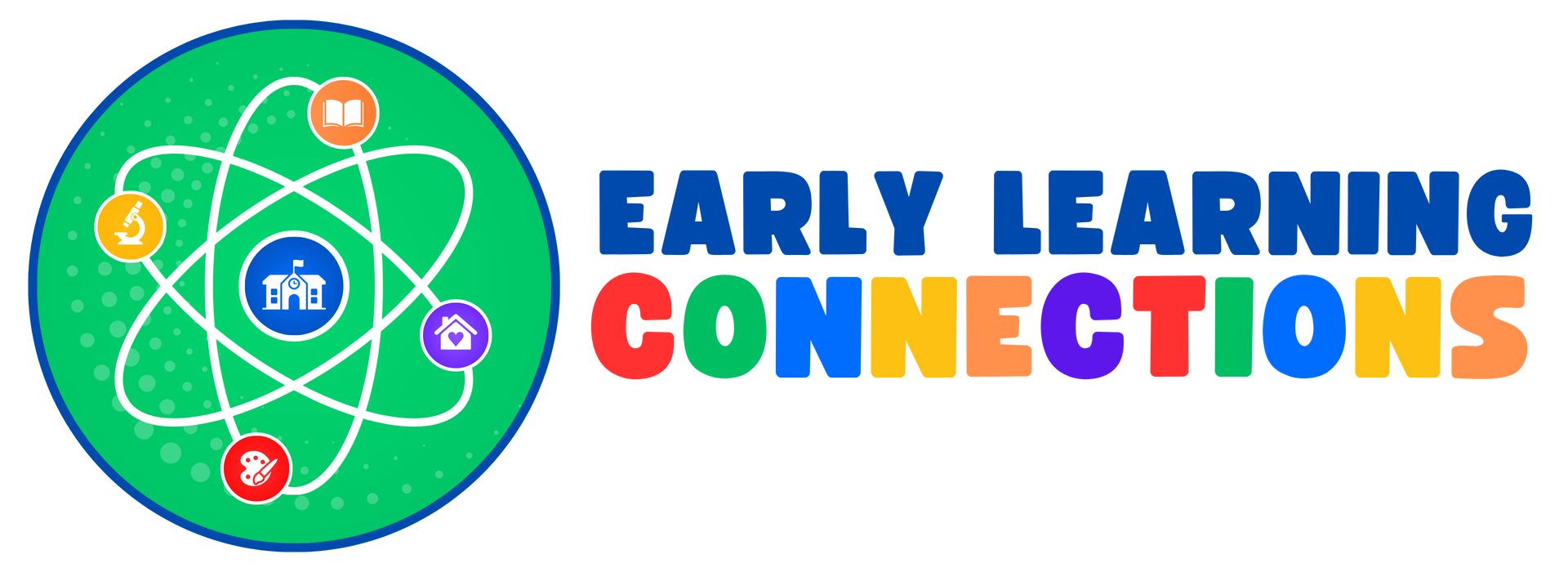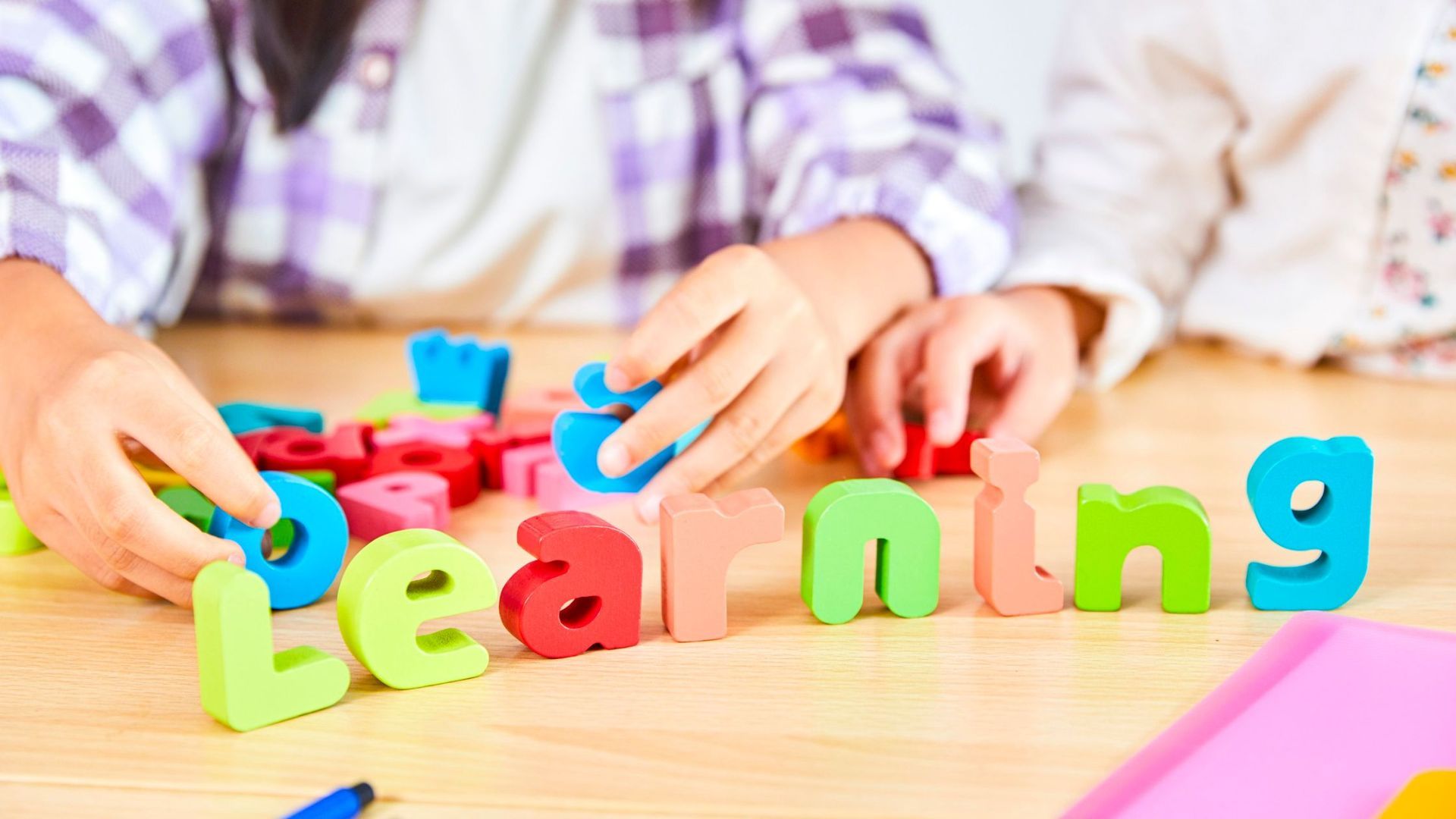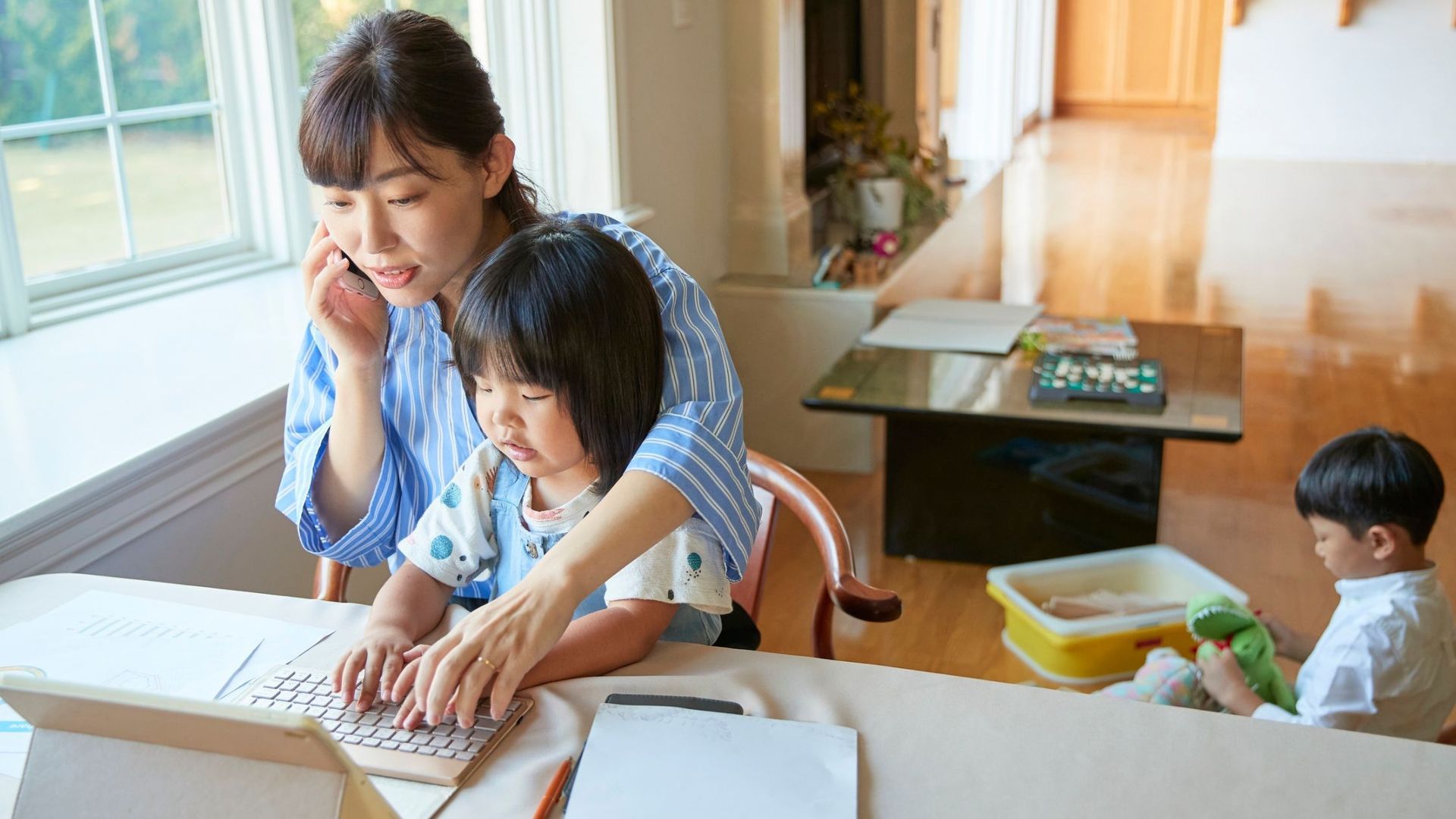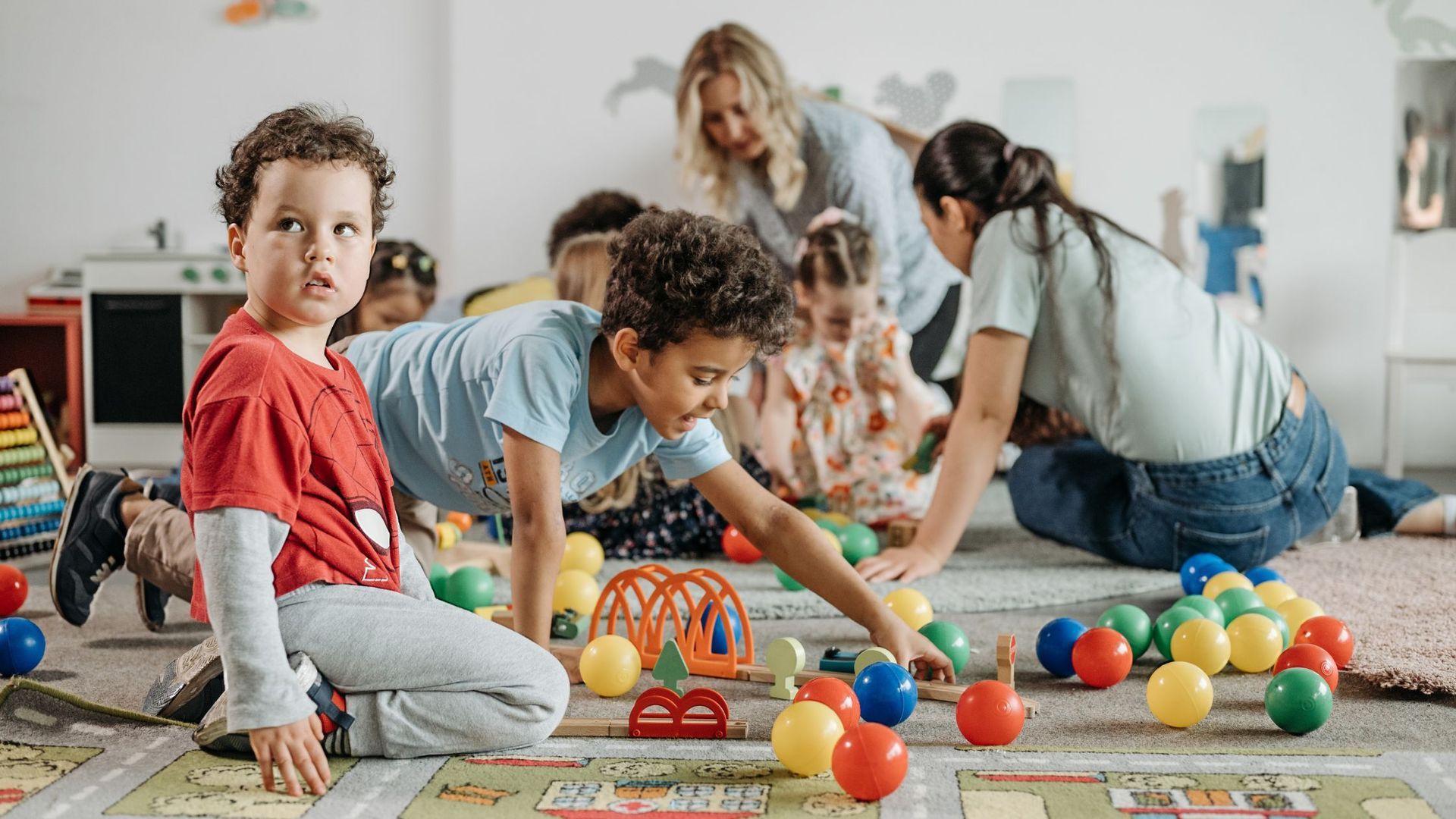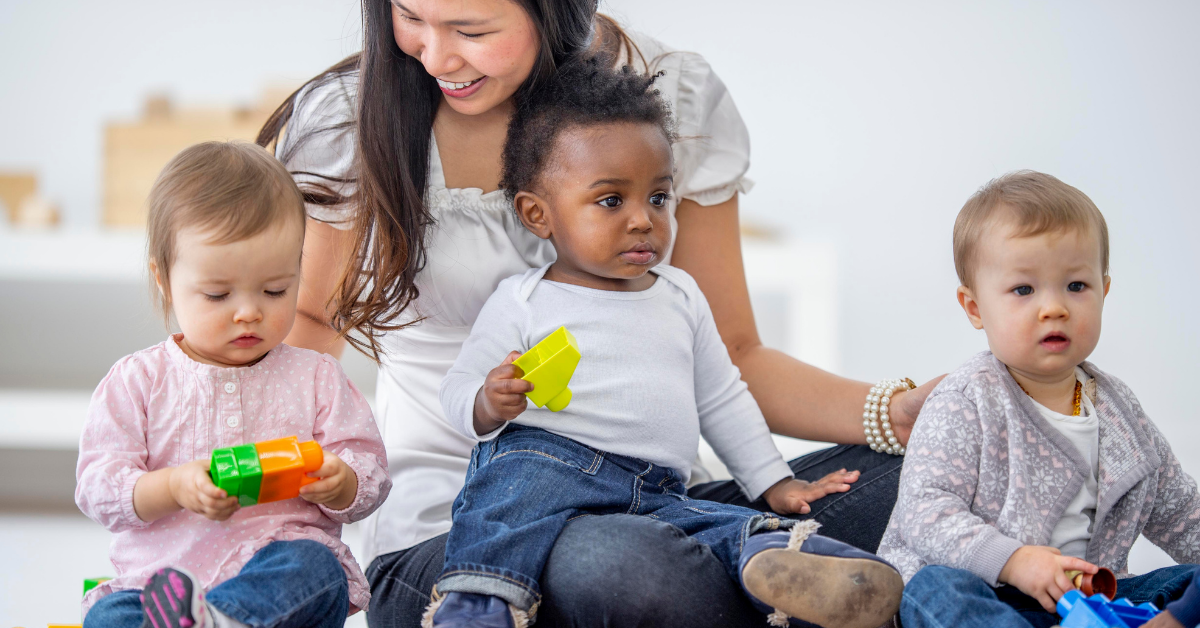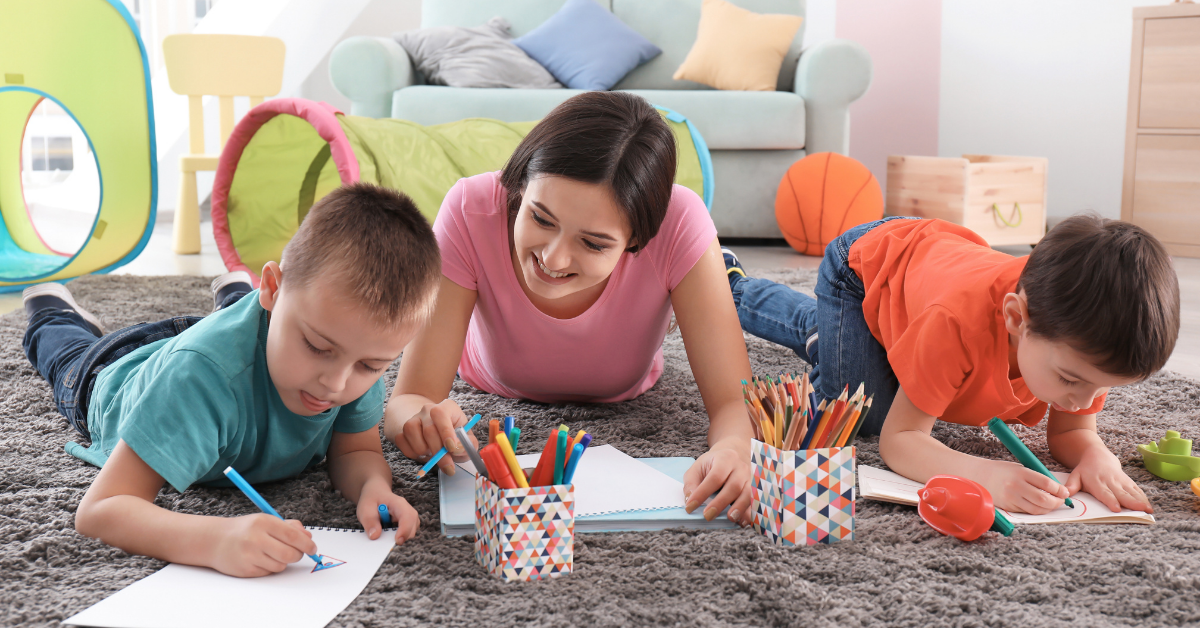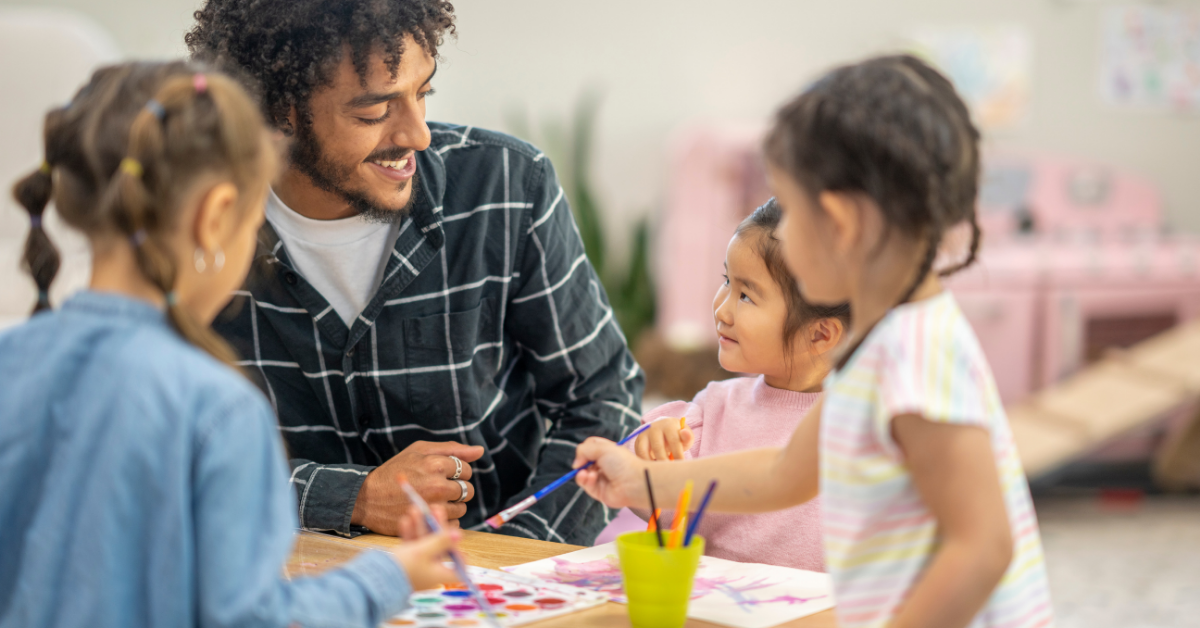The Significance of Play in Early Childhood Learning

Introduction
Play is often viewed as simple fun, but for young children, it is a vital part of learning and development. Through play, children explore the world around them, develop critical thinking skills, enhance social interactions, and build a strong foundation for academic success. Whether structured or unstructured, play encourages creativity, problem-solving, and cognitive growth. This article explores the many benefits of play in early childhood learning and how parents and educators can encourage meaningful play experiences.
Cognitive Development Through Play
Enhances Problem-Solving Skills
Play provides opportunities for children to tackle challenges and develop solutions. Activities such as puzzles, building blocks, and role-playing games teach children how to think critically and make decisions.
Promotes Early Math and Literacy Skills
Engaging in counting games, storytelling, and alphabet puzzles fosters early literacy and numeracy. Play-based learning helps children recognize numbers, letters, and patterns in an enjoyable way.
Encourages Creativity and Imagination
Open-ended play, such as drawing, pretend play, and storytelling, stimulates imagination and innovation. Children learn to think outside the box and develop original ideas.
Social and Emotional Growth Through Play
Builds Communication Skills
Interacting with peers during playtime enhances verbal and non-verbal communication. Children learn to express themselves, listen to others, and engage in meaningful conversations.
Develops Empathy and Cooperation
Group play teaches children how to share, take turns, and consider the feelings of others. These interactions help them understand emotions and develop empathy.
Strengthens Self-Regulation and Emotional Resilience
Through play, children navigate different emotions, learn patience, and practice self-control. Play scenarios allow them to express joy, frustration, and excitement in a safe environment.
Physical Benefits of Play
Improves Motor Skills
Active play, such as running, jumping, and climbing, strengthens gross motor skills, while activities like drawing and playing with small toys enhance fine motor skills.
Encourages a Healthy Lifestyle
Physical play promotes exercise and instills habits that contribute to long-term well-being. Activities like dancing, sports, and outdoor play improve coordination and overall health.
Boosts Brain Development
Movement-based play stimulates brain function, improving memory, concentration, and learning capabilities.
Different Types of Play and Their Impact
Free Play
Unstructured play allows children to explore their interests at their own pace, fostering independence and decision-making skills.
Guided Play
Play with minimal adult direction provides children with opportunities to learn while maintaining their autonomy.
Structured Play
Activities with specific goals, such as board games or educational apps, enhance learning in a fun, engaging way.
How Parents and Educators Can Support Play-Based Learning
Provide a Stimulating Environment
Create spaces that encourage exploration with age-appropriate toys, books, and art supplies.
Encourage Outdoor Play
Outdoor play provides new experiences, encourages physical activity, and fosters a connection with nature.
Engage in Play with Children
Parents and teachers can model positive interactions by participating in playtime, enhancing learning and bonding opportunities.
Just as play fosters cognitive, social, and physical growth in young children, it also contributes to the development of essential social skills, as discussed in Nurturing Social Skills in Preschool-Aged Children. Additionally, play encourages healthy habits and well-being, supporting the foundation for long-term health, as emphasized in Healthy Eating Habits for Young Children.
Conclusion
Play is not just an activity but a powerful learning tool that supports every aspect of a child's development. By encouraging play, parents and educators help children build cognitive, social, emotional, and physical skills essential for lifelong success. Ensuring that children have ample opportunities to engage in various types of play fosters a love for learning and sets the stage for a bright future.
